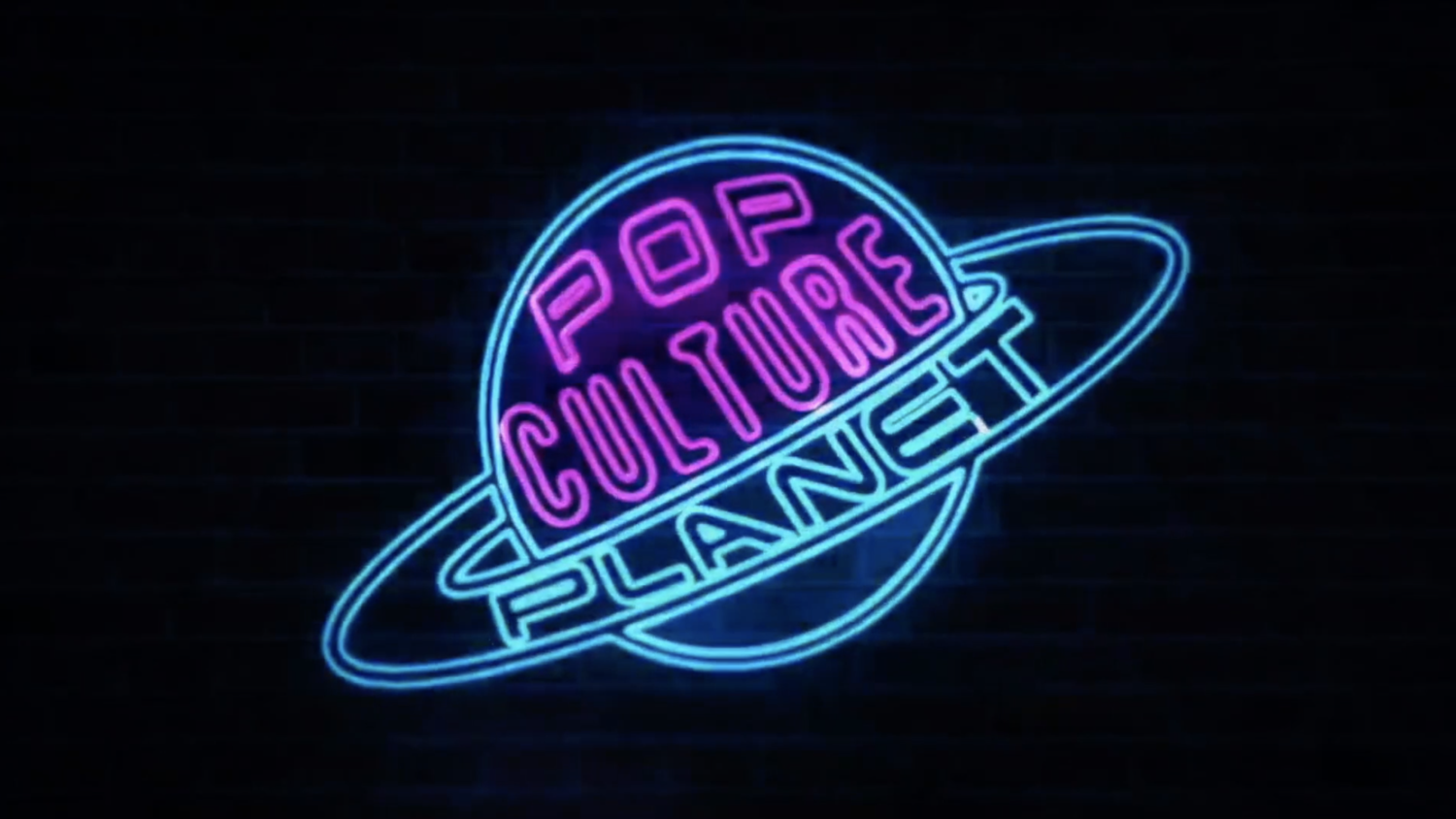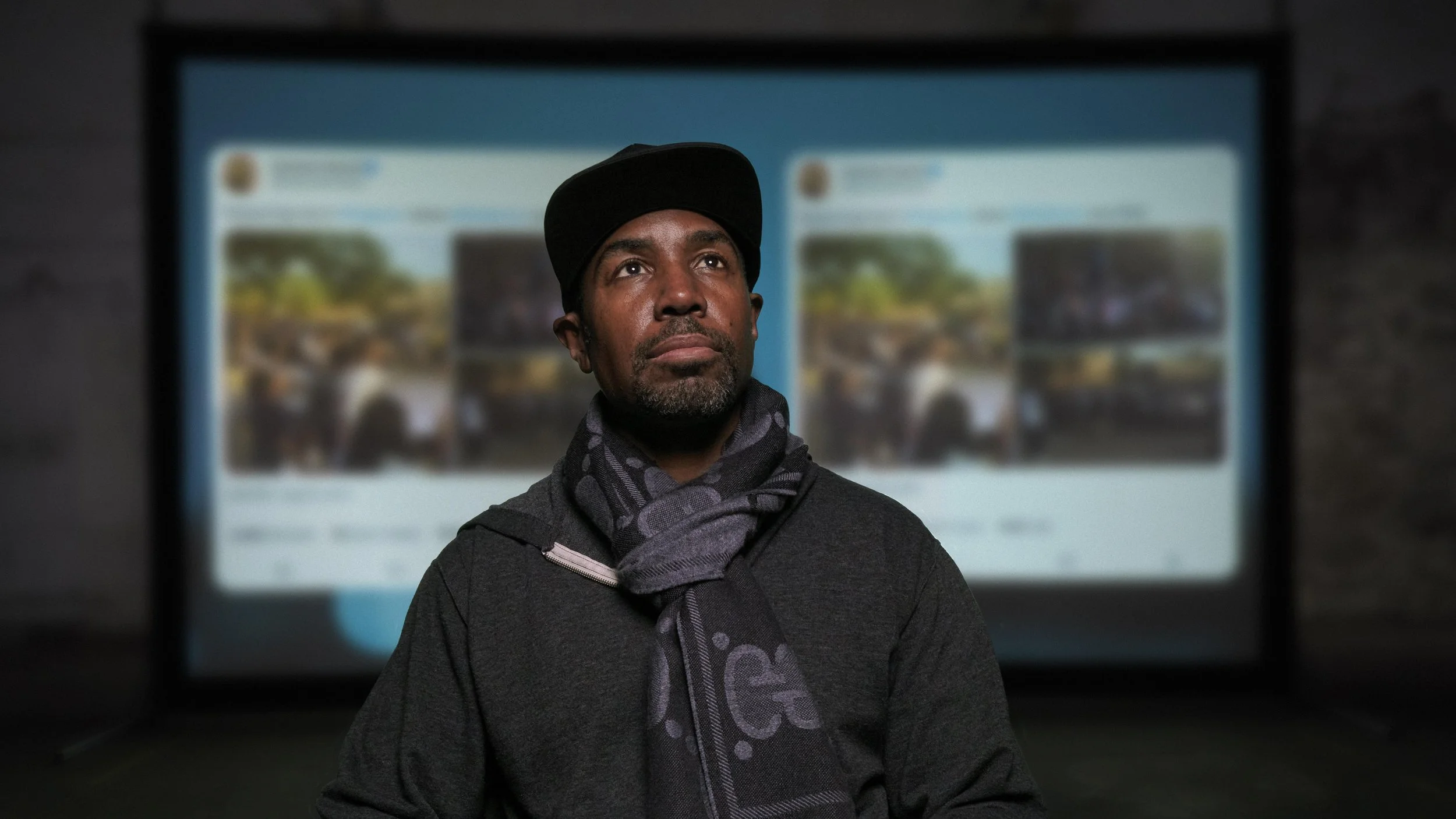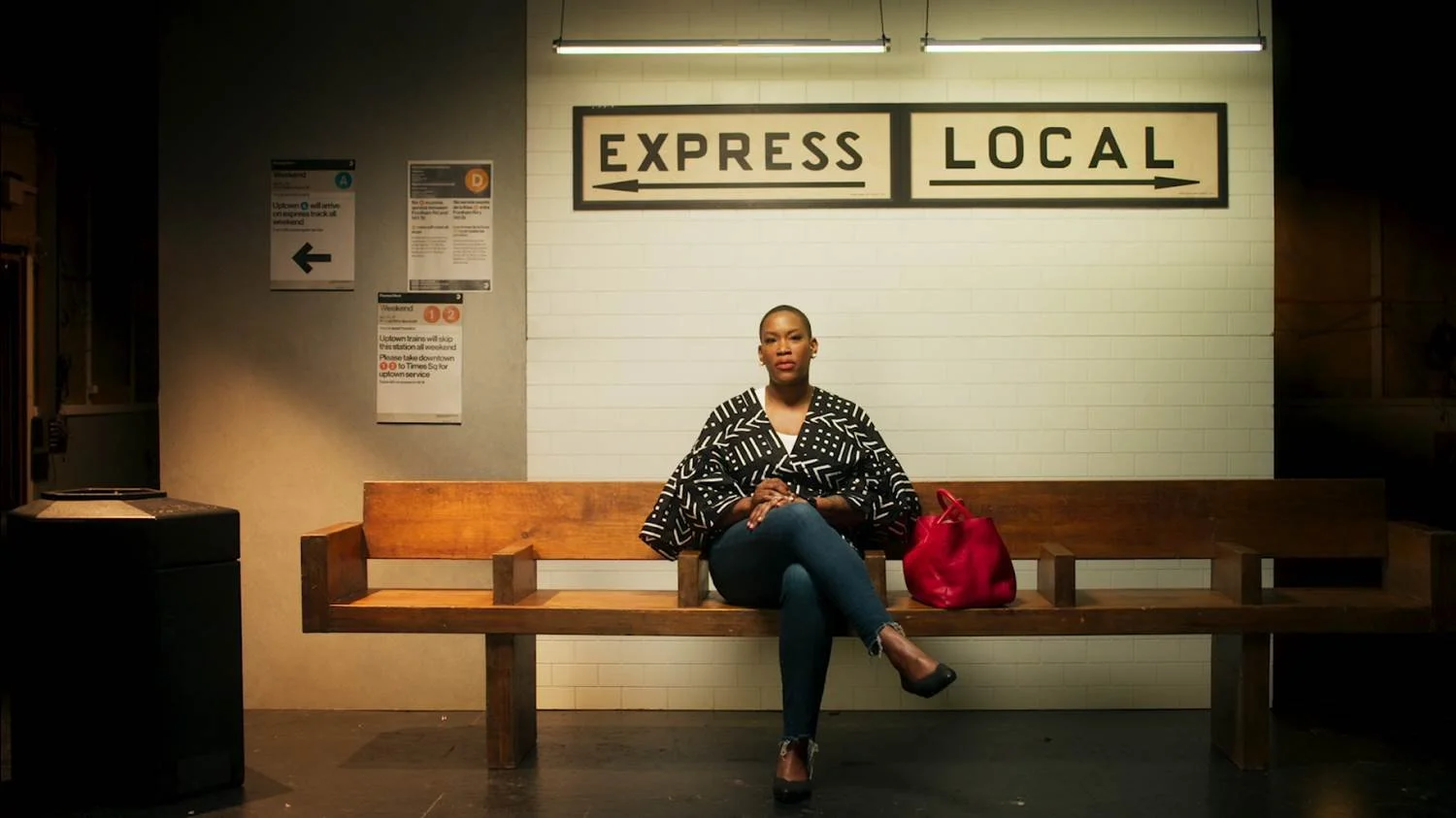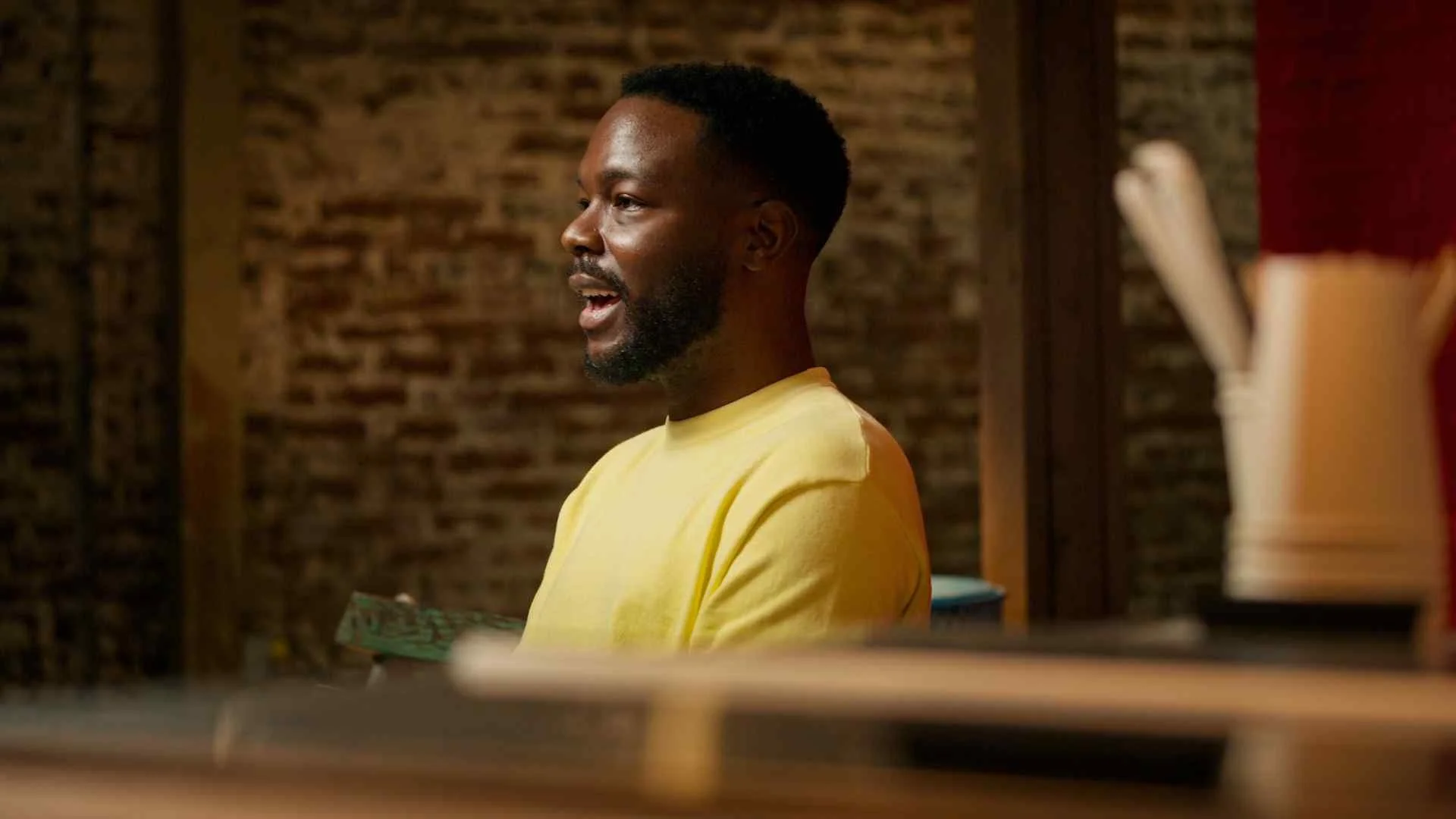Prentice Penny, Jason Parham, and Joie Jacoby Talk The Evolution Of Black Twitter And Their Contributions To The Platform
Years from now, when history books discuss culture, it is our hope that they will acknowledge the crucial role played by the Black community. However, we are no longer waiting around, wishing and hoping someone will write our history. Sometimes, if you want something done right, you have to do it yourself, and that's exactly what the Hulu docuseries Black Twitter: A People's History has done.
The series provides a deep dive into how Black Twitter has shaped and documented culture. Pop Culture Planet writer Makkedah Ramsey catches up with director and executive producer Prentice Penny, producer and senior writer at WIRED Jason Parham, and showrunner and executive producer Joie Jacoby to discuss why they created this docuseries and how Black Twitter has changed after being rebranded as X.
Black Twitter: A People's History takes us through a timeline of Black Twitter, even back to when Apple products didn't support the app, and you had to text 40404. But the big question is, why? Why make a docuseries about a topic we all lived through? Can you really educate the creators of the culture about the culture? "It's for our generation, but it's for generations that aren't born yet because so much of our culture gets altered all the time,” Penny told me, “so it's for today and really for tomorrow as well.” With the times we are in, things are constantly changing, and history can be made just as easily as it can be forgotten. Penny wants to ensure Black Twitter isn't just another "oral tradition" but a piece of history that can be fossilized.
Speaking of change, we must acknowledge that Twitter is no longer called Twitter. It's now X, owned by Elon Musk, one of the richest men in the world. Although users have the power to use the platform as they see fit, as stated in the documentary, "This isn’t our Twitter, this is Elon's X," so what exactly does that mean for Black Twitter? "There has been an exodus of users from the platform, but it has been less detrimental to Black users,” said Parham. “Black users are still on there, doing what they do, but I also think that's just part of how we've always adapted to things that have been taken from us.”
Jacoby agreed, adding: "You still see the community existing today, and we're still finding each other." Black users are still on the platform, connecting with each other and creating culture wherever they go. Just because the platform has changed doesn’t mean the Black community has.
Black Twitter is all about culture and community, finding each other and creating spaces that make Black people feel understood and heard. It cannot be replicated because it's unique to Black culture. But there wasn't always that identifiable space on a larger platform. It all started in what the docuseries calls "Obama America," which Penny refers to as the "perfect storm." The time of Obama's presidency was a time of empowerment for Black people searching for like-minded individuals and feeling the need for their voices to be heard. Jacoby said, "I don’t know if it would have happened without Obama and the presidency. It was a very specific time in history to make all these things possible."
Penny, Parham, and Jacoby each have their own valuable part in the docuseries, creating visual documentation of Black Twitter's key role in the era of social media, which means I couldn't let them get away without finding out how each of them feels they have contributed to Black Twitter.
"Just by being there and showing up — I joined in 2009,” Parham said.
He continued: "I feel really fortunate to have been a part of history in that way, and then now to turn it back on itself and show them and say, 'Hey, guys, look what we made, look at the brilliance and the genius that we created.' I think that feels really special to me.”
Meanwhile Penny has loved being able to connect with his audience as a filmmaker. Social media has allowed him to share his insights and connect with people who follow his journey. He knows that without social media, he wouldn’t have been able to communicate in such a raw way with his audience. "Even if I cannot see you, I can touch you,” he said.
While Jacoby has been in the game for years, she isn't sure exactly how she's impacted it, but she knows she has utilized it to connect with her people in powerful ways. "It’s been a lifeline when I needed it," she said.
As Prentice Penny puts it, Black Twitter: A People's History is "a love letter to the culture."
The docuseries streaming now on Hulu.




